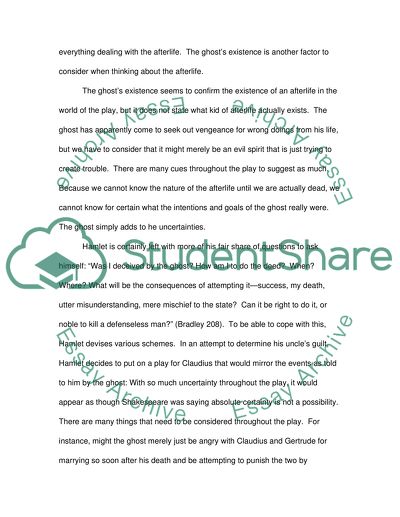Cite this document
(“Macbeth Essay Example | Topics and Well Written Essays - 1250 words”, n.d.)
Retrieved from https://studentshare.org/miscellaneous/1549297-macbeth
Retrieved from https://studentshare.org/miscellaneous/1549297-macbeth
(Macbeth Essay Example | Topics and Well Written Essays - 1250 Words)
https://studentshare.org/miscellaneous/1549297-macbeth.
https://studentshare.org/miscellaneous/1549297-macbeth.
“Macbeth Essay Example | Topics and Well Written Essays - 1250 Words”, n.d. https://studentshare.org/miscellaneous/1549297-macbeth.


